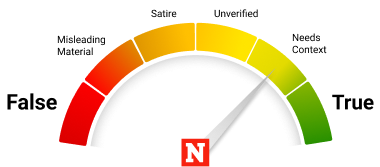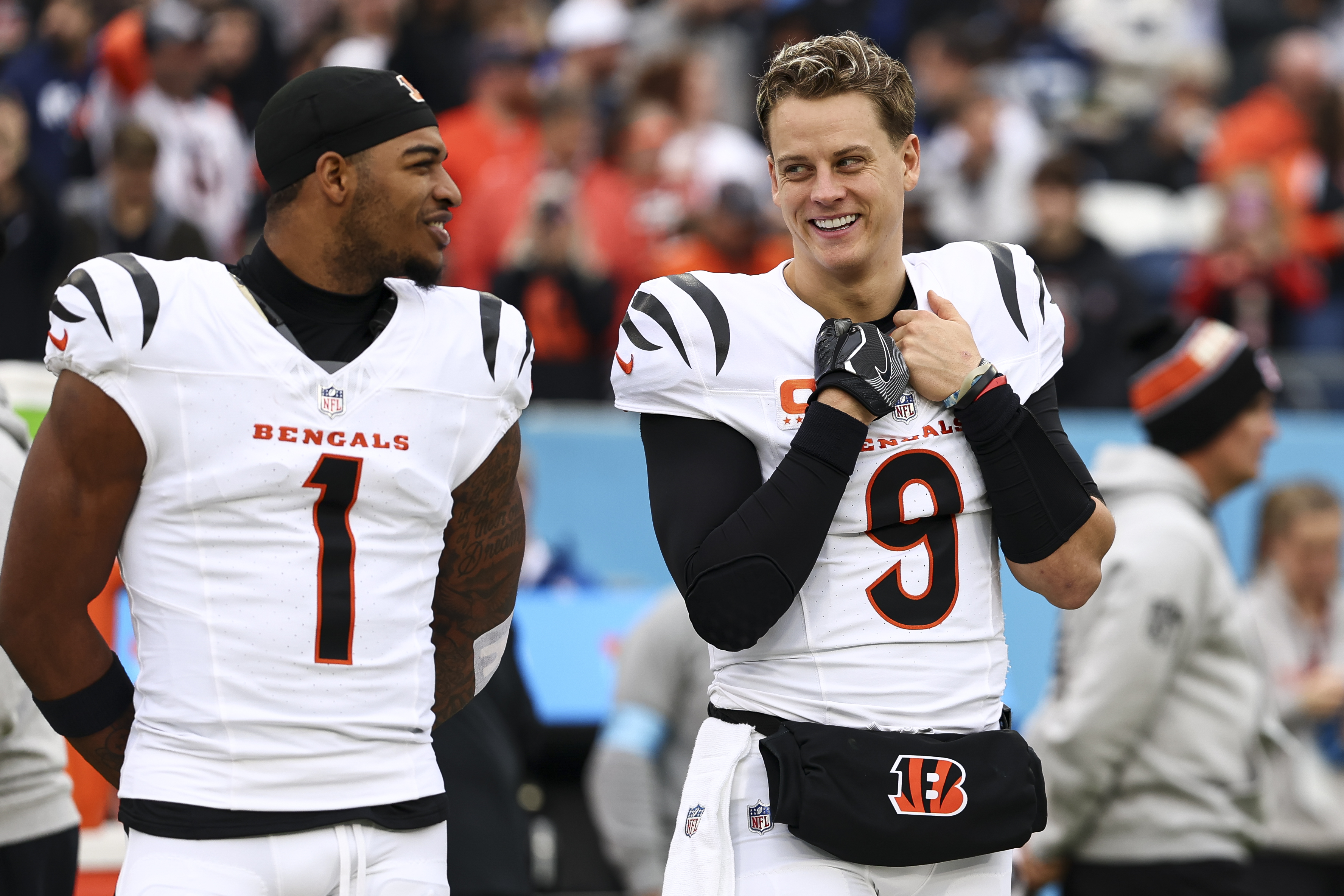Swing states play an important role in each presidential election, as the Electoral College places extra weight on the votes of these states that could go red or blue.
These states also face unique issues that candidates often prioritize during their campaign as a way to secure votes.
In a new study conducted by MarketWatch Guides, three swing states saw some of the worst debt in America, revealing special economic pressures these voters may be up against.
Nevada took the top spot for states struggling with the worst debt, bringing in a debt index score of 8.10. But another swing state, Georgia, wasn't far after with the second spot and a debt index score of 7.18.
Arizona was the eighth state on the list, with a debt index score of 6.35.
The top 10 list of states with the worst debt were as follows: Nevada, Georgia, Florida, Texas, Tennessee, Delaware, Maryland, Arizona, California and Mississippi.
Nevada saw some of the highest debt statistics due to its level of business bankruptcies (eight per 100,000) and personal bankruptcies (221 per 100,000).
Meanwhile, Georgia was in the top five for worst credit scores, with an average FICO score of 695. Georgians also saw 249 personal bankruptcies per 100,000 people living in the state.
Georgia also had the third highest student loan debt per borrower at $41,651.
Meanwhile, Arizona struggled with its debt across several metrics, including a debt per capita of $115,963. The average Arizonan also had 3.9 credit cards.
All three of the swing states facing higher rates of debt have been trending toward Trump, and the larger debt load could be a part of the reason, said Alex Beene, a financial literacy instructor for the University of Tennessee at Martin.
"Americans associate the first Trump term with lower interest rates, and Trump has said numerous times on the campaign trail he would work to return those rates to where they were," Beene told Newsweek.
"That's important for if you're wanting to refinance debt. At the same point, the process of steadily lowering interest rates has already begun and will continue regardless of who wins. If you're looking for lower interest rates, odds are both candidates will provide them."
Most polls have Harris and Trump back-to-back in support among voters. A poll from Reuters/Ipsos on Monday found Harris was leading Trump by just 2 points among likely voters, at 50 to 48 percent.
How that measures up in the Electoral College victory will depend significantly on the individual votes collected in the swing states.





















 English (US) ·
English (US) ·